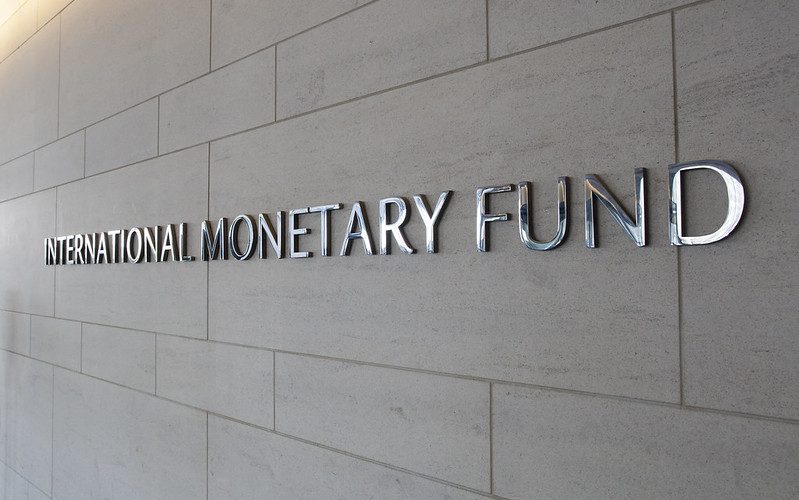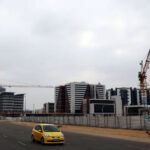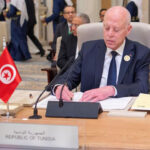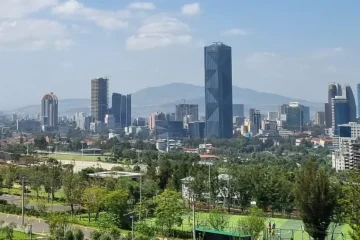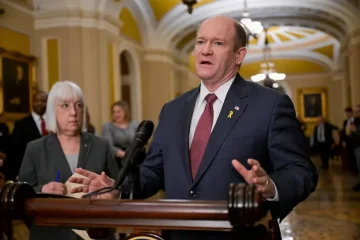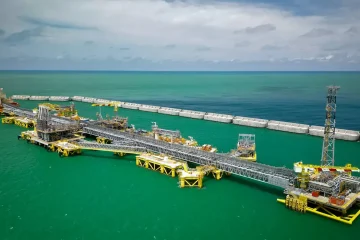TAREK AMARA
THE International Monetary Fund (IMF) has warned that Tunisia’s fiscal deficit could exceed 9% of GDP and urged the country to control energy subsides, transfers to state companies and wages, even as protesters have been demanding jobs and economic development.
Violent protests have hit Tunisia at a time of unprecedented economic hardship in the North Africa country that ran a fiscal deficit of 11.5% of GDP in 2020, the highest in nearly four decades.
The 2021 budget aims to cut the fiscal deficit to 6.6 pct but the IMF, following a mission in Tunisia, issued a statement calling for specific measures to back this objective.
Government wages doubled to about 20 billion dinars ($7.45 billion) in 2021 from 7.6 billion in 2010.
Tunisia expects GDP growth of 3.8% this year, compared with a record contraction of 8.2% expected in 2020.
The Central Bank agreed in December to buy treasury bonds worth 2.8 billion to finance the record fiscal deficit in 2020 budget after weeks of disagreement with the government.
But the IMF urged financial authorities to avoid future monetary financing of the government, as it risks reversing the gains achevied in terms of lowering inflation, saying this could weaken the exchange rate and international reserves.
Its statement said “specific measures are needed … and in their absence, staff projects a higher deficit of over 9 percent of GDP.”
Tunisia has been hailed as the Arab Spring’s only democratic success story because protests toppled autocrat Zine El Abidine Ben Ali in 2011 without triggering violent upheaval, as happened in Libya, Egypt and Syria. But since then, all cabinets have failed to resolve Tunisia’s economic woes including high inflation and unemployment, and impatience over its slowness in carrying out reforms is rising among international lenders.

